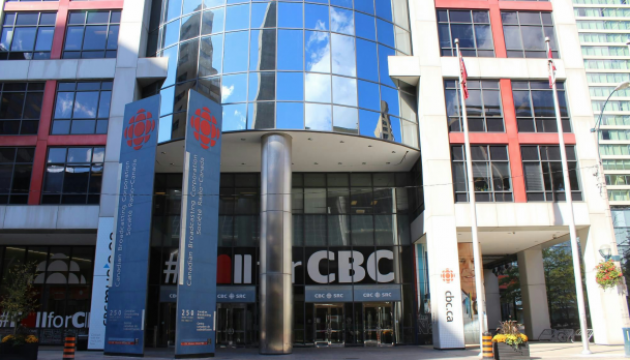By Esther Enkin, CBC Ombudsman
The complainant, Shlomo Sharon, asked if there was censorship at work when he was told there were already Chris Alexander supporters on line when he called the Ontario Noon phone-in about the Conservative leadership race. The answer is there was no censorship – rather a legitimate attempt to balance a range of views in a live situation. Doing live phone-ins have many variables.
COMPLAINT
On April 27, 2017 you called the CBC Ottawa station to participate in the Ontario Today phone-in. The programme was focused on Kevin O’Leary’s announcement that he was leaving the Conservative Party leadership race. When you reached a show producer, you participated in a pre-interview. You said that when you mentioned you supported Chris Alexander, the producer told you that there were already enough callers who shared your views. You added that you spoke to other Alexander supporters who were told the same thing but only one person who backed him was able to speak with the programme host and be heard on the broadcast. You wanted to know if CBC “applied censorship.”
MANAGEMENT RESPONSE
The Managing Editor of CBC Ottawa, Ruth Zowdu, replied to your concern. She pointed out that the call-in was built around Kevin O’Leary’s withdrawal from the Conservative leadership race and that the programme host, Rita Celli, explicitly stated that priority would be given to those who supported O’Leary so that they could talk about their reaction to the news, and to say who else they might support instead. She explained how the process of screening callers was done:
As the host sits at the microphone and talks with the guest and with the audience members who take the time to call in, there is a second person behind the scenes answering the phones and helping to select the people who go on the air. This is the show producer, the person who spoke with you that day. On any given day, many more people call the studio line than can be included in the program. That means the producer must make quick decisions based on what she knows at the time. She must try to balance the calls to reflect some balance in subject matter, among other things. It is her goal to ensure a range of opinions over the course of the hour-long program. I can assure you that she takes this task very seriously. It is a job that is more art than science since one cannot know how long each caller will be on the air, nor whether those selected will remain on hold long enough to be included in the show.
She said she reviewed that day’s broadcast with the producer. There were about 10 callers in all, and at the outset most of them supported O’Leary. The producer remembered your call, and added that there were already other people in the queue waiting to go on air who had expressed support for Chris Alexander. She explained that after your call other pro-Alexander callers hung up, although one of them did speak with the programme host. Ms. Zowdu said that had others hung on, they may have also been included. She pointed out that there was support for a variety of candidates in a crowded field, but some were not mentioned at all, since no one phoned in to support them. She assured you that there was no censorship, and that in any given programme the producers who have no control over who actually calls in strive for some reasonable balance:
Continue reading this story on the CBC website, where it was first published.

